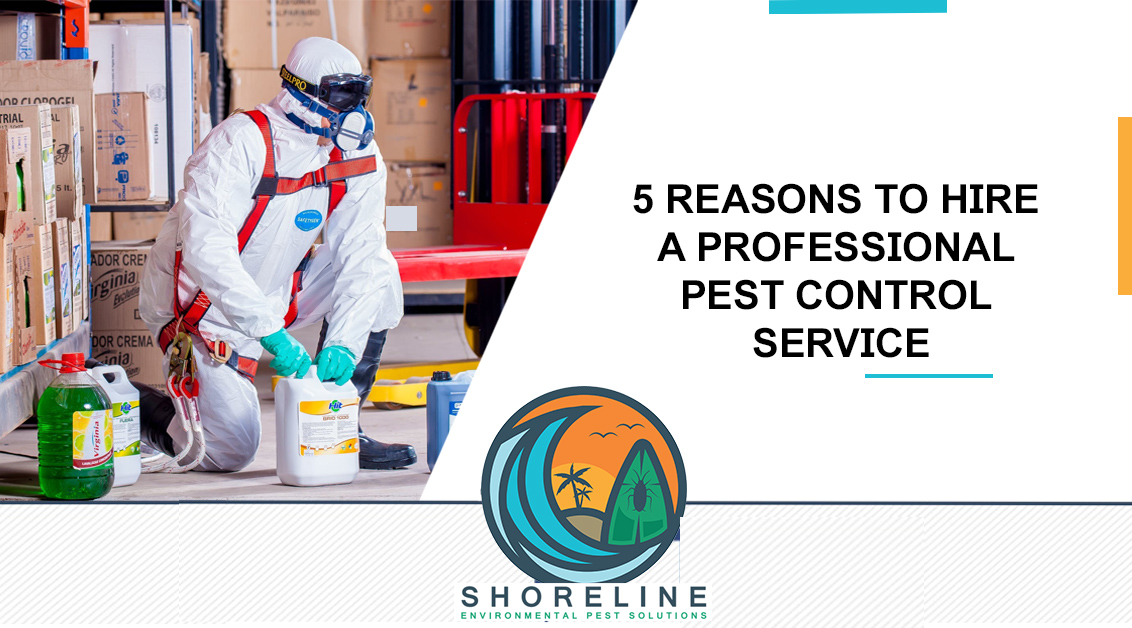Inexpensive Pest Control Clovis: Solutions Tailored to You
Inexpensive Pest Control Clovis: Solutions Tailored to You
Blog Article
Understanding the Numerous Methods to Pest Control: A Comprehensive Guide

Natural Insect Control Techniques
Using environment-friendly methods such as companion growing and biological pest control is essential for effectively managing parasites in farming settings. Buddy planting entails growing different plants in proximity to hinder insects, boost nutrient uptake, and boost general plant wellness.
Biological parasite control includes presenting natural killers or microorganisms to regulate pest populations. Ladybugs, as an example, feed upon aphids, regulating their numbers without the requirement for chemical pesticides. An additional example is the usage of Bacillus thuringiensis (Bt), a bacterium that targets certain insect pests while being safe to human beings, animals, and beneficial bugs.
These environment-friendly approaches not only lower the reliance on artificial chemicals but additionally help protect biodiversity and dirt health. By including all-natural parasite control methods right into agricultural methods, farmers can accomplish lasting pest administration while decreasing negative effects on the setting.

Chemical Insect Control Solutions
In enhancement to all-natural bug control approaches, the application of chemical pest control services plays a substantial duty in properly managing pest populations in agricultural environments. Chemical pest control services are formulated to target particular insects that may trigger substantial damages to crops. These options commonly consist of artificial chemicals that are made to get rid of parasites promptly and successfully.
Among the vital benefits of chemical bug control options is their efficiency in managing insect infestations on a large range. Farmers can use these options utilizing various methods such as splashing, airing out, or seed therapy to secure their crops from damaging insects, weeds, and diseases. Additionally, chemical insect control solutions are relatively easy to use and can give quick outcomes, assisting farmers protect their yields and lessen economic losses.
Nevertheless, it is vital to use chemical bug control services deliberately to lessen potential adverse effects on the environment, non-target microorganisms, and human health. Correct application methods, adherence to safety standards, and regular surveillance are essential to make certain the accountable use chemical insect control services in farming practices.
Organic Pest Control Approaches
Biological insect control approaches take advantage of all-natural killers or microorganisms to take care of parasite populaces in farming setups properly. One usual organic control strategy is the intro of all-natural adversaries, such as ladybugs or parasitical wasps, to target details parasites.
Another organic control method entails utilizing pathogens like viruses, microorganisms, or fungi to contaminate and eliminate pests. On the whole, biological parasite control methods offer a lasting and targeted service to pest management in farming.
Integrated Pest Monitoring (IPM)
Integrated Insect Management (IPM) is a detailed method that incorporates different pest control techniques to effectively handle and minimize pest populaces in agricultural systems. IPM concentrates on long-term prevention of insects via a combination of biological, social, physical, and chemical control approaches. By integrating these different approaches, IPM intends to reduce reliance on chemical pesticides, minimize ecological impact, and advertise sustainable bug administration techniques.
One secret element of IPM is using organic controls such as natural predators, bloodsuckers, and pathogens to regulate insect populations. This technique uses the power of nature linked here to keep an equilibrium in between parasites and their natural enemies without causing harm to the environment.
Additionally, IPM involves cultural practices like crop habitat, sanitation, and rotation manipulation to develop negative problems for bugs and interrupt their life cycles. Physical controls such as catches, mulches, and barriers are likewise utilized to stop pest problems.
Physical and mechanical Parasite Control Methods
Utilizing non-chemical methods, such as physical and mechanical bug control techniques, is a vital element of extensive parasite monitoring techniques, building upon the structure of Integrated Bug Management's all natural technique. Mechanical insect control entails using physical barriers or catches to avoid parasites from accessing and damaging plants or frameworks. This method can consist of techniques like mounting screens on home windows, using row covers in farming, or employing sticky catches to catch pests.
Physical insect control approaches, on the other hand, emphasis on directly removing insects via physical means. Using warm treatments to remove bed bugs from this source or vacuuming up bugs like ants or crawlers can be reliable methods to handle problems without the use of chemicals. By including these mechanical and physical bug control techniques into an Integrated Parasite Management strategy, individuals and experts can decrease dependence on chemicals while still effectively minimizing and handling pest populaces damages.
Final Thought

In addition to all-natural bug control methods, the application of chemical insect control solutions plays a substantial function in effectively handling pest populations in farming environments.One of the vital advantages of chemical parasite control options is their effectiveness in managing pest invasions on a large scale.Integrated Pest Monitoring (IPM) is an extensive approach that integrates numerous bug control techniques to properly handle and reduce pest populations in farming systems.Making use of non-chemical methods, such as physical and mechanical pest control methods, is an essential element of thorough insect administration approaches, building upon the foundation of Integrated Parasite Management's holistic method. By integrating these physical and mechanical pest control techniques into an Integrated Bug Monitoring plan, experts and people More Info can reduce reliance on pesticides while still efficiently handling pest populaces and decreasing damages.
Report this page